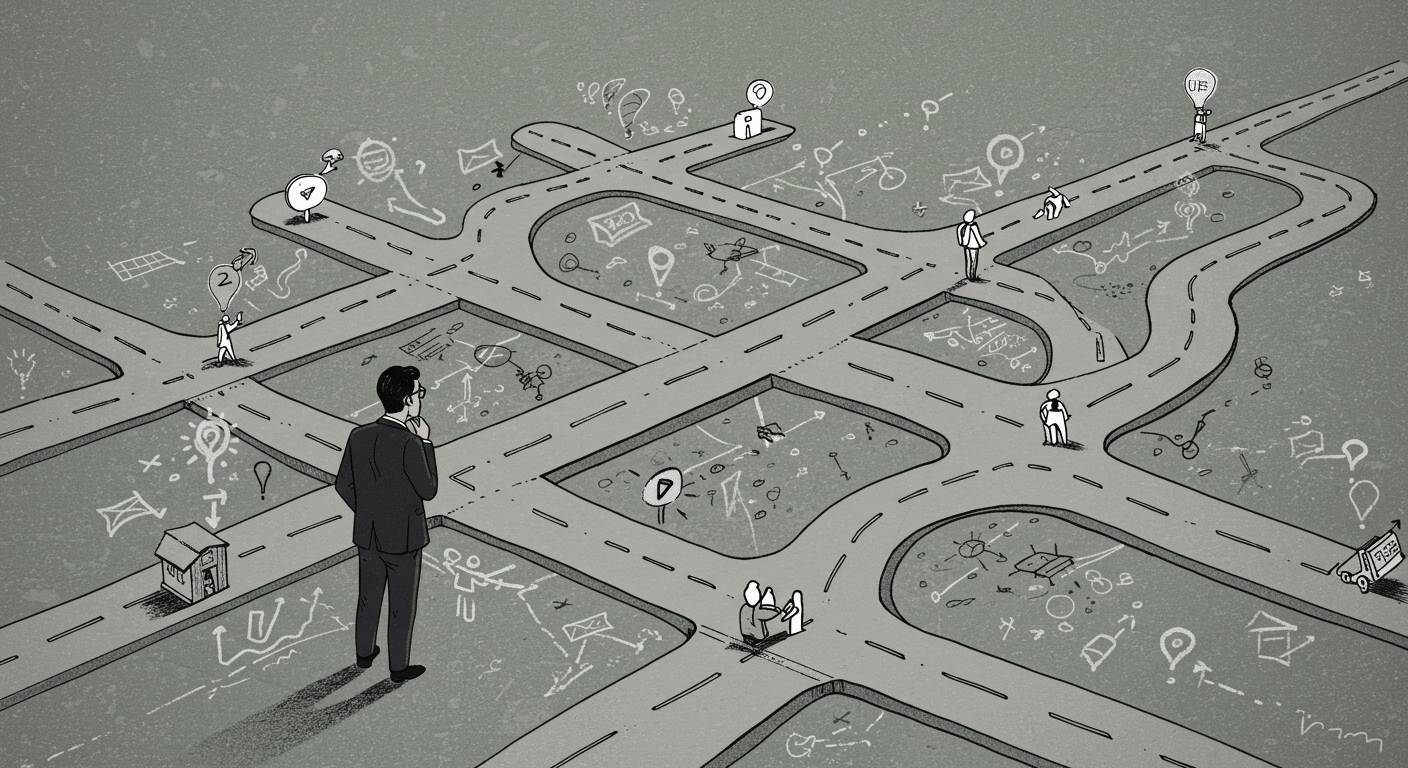Effective management over Zoom is not yet a course in business schools. Adapting the art of management for remote teams remains a largely self-taught field.
Maintaining an engaged workforce requires both the invention of new techniques and updating of long-held best practices. With an emphasis on continuous learning, we’ve compiled 10 essential reads for leaders looking to better understand the changes in leadership required by the altered workplace.
Rituals for Work: 50 Ways to Create Engagement, Shared Purpose, and a Culture that Can Adapt to Change by Kursat Ozenc and Margaret Hagan (2019)
Ozenc and Hagan, designers and instructors at Stanford’s D-School, provide actionable advice for creating meaningful rituals on a team. Rituals, they explain, are only effective when their purpose within a group is clearly defined. Full of examples of awesome team rituals, this book lays out a framework for rituals that can foster productive habits and instill values.Deep Work: Rules for Focused Success in a Distracted World by Cal Newport (2016)
Cal Newport, Georgetown computer science professor and author of popular blog Study Hacks, defines the importance of “deep work” and lays out a training regimen for those looking to improve their focus. Especially relevant in our distracted world of working at home, Newport’s methods are essential for making the most of our working hours. “The key to developing a deep work habit,” Newport explains, “is to move beyond good intentions and add routines and rituals to your working life designed to minimize the amount of your limited willpower necessary to transition into and maintain a state of unbroken concentration.”Death by Meeting: A Leadership Fable…About Solving the Most Painful Problem in Business by Patrick Lencioni (2004)
Sometimes the classics become more relevant with time. Just as with his 5 Dysfunctions of a Team, Lencioni uses the business parable to give us insights into common inefficiencies. Lencioni lays out a framework for eliminating waste and frustration to create cultures of engagement and passion. “To make our meetings more effective,” Lencioni explains, “we need to have multiple types of meetings, and clearly distinguish between the various purposes, formats, and timing of those meetings.” This classic remains a must-read for leaders hoping to make their team’s communication more efficient.
How to Lead: Wisdom from the World’s Greatest CEOs, Founders, and Game Changers by David Rubenstein (2020)
David Rubenstein, cofounder of The Carlyle Group, and host of The David Rubenstein Show, compiles stories and advice from CEOs, presidents, founders, and other leaders. Included luminaries include Warren Buffett, Jamie Dimon, Christine Lagarde, Ken Griffin, Jeff Bezos, Bill Gates, Eric Schmidt, Tim Cook, Oprah Winfrey, Lorne Michaels, Renee Fleming, Yo-Yo Ma, Jack Nicklaus, Adam Silver, Coach K, Phil Knight, President Bill Clinton, President George W. Bush, Ruth Bader Ginsburg and many others. Their advice for finding success and handling crisis is invaluable for any leader.No Rules Rules: Netflix and the Culture of Reinvention by Reed Hastings (2020)
Netflix founder Reed Hastings not only revolutionized entertainment but also redefined what employee empowerment means in the digital age. For leaders looking to build the innovative solutions of tomorrow, Hastings’ experience and advice is invaluable. In addition to stories from current and former employees, No Rules Rules contains numerous leadership gems from Hastings like, “For our employees, transparency has become the biggest symbol of how much we trust them to act responsibly. The trust we demonstrate in them in turn generates feelings of ownership, commitment, and responsibility.” Simply put, this is a must-read for leaders of remote teams looking to give their teams “context, not controls”.The Great Influenza: The Story of the Deadliest Pandemic in History by John Barry (2005)
Soaring in popularity of the COVID outbreak, this #1 New York Times bestseller recaps the history and lessons of the 1918 Spanish Flu epidemic that killed some 100 million people worldwide. “The final lesson of 1918, a simple one yet one most difficult to execute, is that…those in authority must retain the public’s trust,” writes Barry. “The way to do that is to distort nothing, to put the best face on nothing, to try to manipulate no one. Lincoln said that first, and best. A leader must make whatever horror exists concrete. Only then will people be able to break it apart.”Remote: Office Not Required by Jason Fried and David Hansson (2013)
In Remote, Jason Fried and David Heinemeier Hansson, the founders of Basecamp, present an optimistic outlook on the potential impact of remote work. While examining the challenges of remote work, Jason and David argue that, often, the advantages of working “off-site” far outweigh the drawbacks. “The ability to be alone with your thoughts is, in fact, one of the key advantages of working remotely,” they assert. “When you work on your own, far away from the buzzing swarm at headquarters, you can settle into your own productive zone. You can actually get work done—the same work that you couldn’t get done at work!”The Year Without Pants: WordPress.com and the Future of Work by Scott Berkun
Microsoft veteran Scott Berkun writes about his experience working at Automattic, creators of wordpress.com and builders of the internet, and managing their fully remote teams. Comparing these new practices to his experience at Microsoft, Berkun lays out a model for the future of remote work. At Automattic, every employee was free to work from anywhere, discouraged from using email using blogs and chat instead and free from traditional schedules with fewer meetings and fewer rules. “The responsibility of people in power is to continually eliminate useless traditions and introduce valuable ones,” says Berkun. An organization where nothing ever changes is not a workplace but a living museum.” Automattic Microsoft veteran Scott BerkunHumanocracy: Creating Organizations as Amazing as the People Inside Them by Gary Hamel (2020)
London Business School professor and popular HBR contributor Gary Hamel shares best practices from innovative organizations all over the world redefining what cultures of success look like. Hamel lays out the case that top-down power structures crush creativity and stifle initiative. In its place, he proposes organizations that are dynamic and entrepreneurial to meet new opportunities. Full of examples of organizations that found success with unconventional cultures, this book contains loads of ideas for reinventing your organization to be more dynamic and engaged while remote.The Future of Happiness: 5 Modern Strategies for Balancing Productivity and Well-Being in the Digital Era by Amy Blankson (2017)
Happiness consultant Amy Blankson lays out five strategies for thriving in the digital age. These include staying grounded, training your brain, creating a habit for happiness, being a conscious innovator, and self-awareness through app-driven data. “Tech is not a toxin that we need to flush out of our systems,” says Blankson, “it’s a tool. And it’s a tool that we must learn to wield effectively.”For more strategies on improving your leadership for an age of remote work, download our Guide to Remote Team Planning. DOWNLOAD THE GUIDE!





